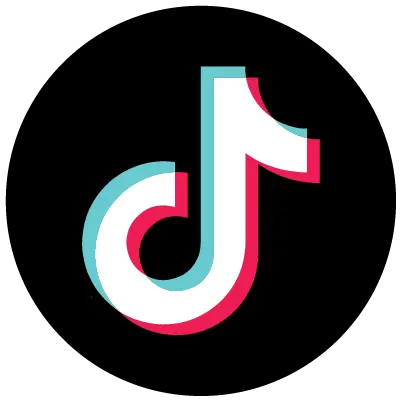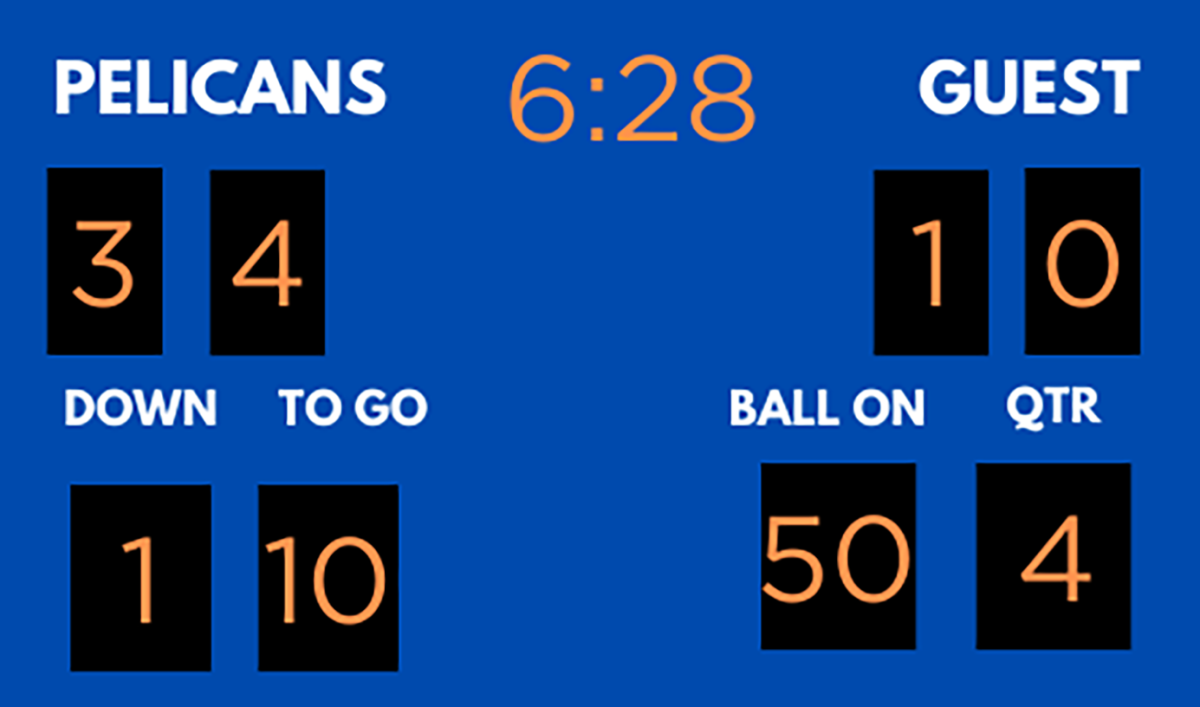Fast forward three years after a global pandemic resulted in a nationwide lockdown, the potential for the lockdown of a cultural pandemic resulted when the House of Representatives passed a bill on March 13 that could ban TikTok in the U.S.
It was a bipartisan vote, with it being 352 to 65. The app has been ruled a national security threat, as its Chinese parent company ByteDance, has been known for stealing the private information of users. Many congressional representatives fear that the app is being used to spread Chinese propaganda and harm Americans, as their private information is being stolen. Mike Johnson, R-LA Speaker says “Today’s bipartisan vote demonstrates Congress’ opposition to Communist China’s attempts to spy on and manipulate Americans, and signals our resolve to deter our enemies.” Former House speaker Nancy Pelosi also supported the vote.
The bill, called the Protecting Americans From Foreign Adversary Controlled Applications Act, would give ByteDance six months to divest the information and sell the app, and if that is not done, app stores such as Apple and Google would not be legally allowed to offer the app to users. American officials also have to approve the buyer, and the new parent company cannot have access to user data. President Joe Biden said that he would sign it when it arrives at his desk, and once it becomes law, the bill gives ByteDance 165 days to file a legal challenge.
The bill has received mixed reactions from Americans. A Washington Post poll shows that 31% of U.S. adults favor a ban, while 35% are against it. However, 73% of daily TikTok users would oppose it. Majority of the people who did not use the app were in favor of the ban, with around 20% of users who have used it in the past month or daily supporting it. TikTok has called it “an act of bullying”. Many apps have features with similar formats to TikTok, such as Instagram Reels and YouTube Shorts.
TikTok, unsurprisingly, is against the ban, saying “The process was secret and the bill was jammed through for one reason: it’s a ban. We are hopeful that the Senate will consider the facts, listen to their constituents, and realize the impact on the economy, [the] seven million small businesses, and the 170 million Americans who use our service.”
Many TikTok users have also stated that a ban would cause a major economic loss, as well as many users losing their jobs. Even those who do not create content strictly for the app claim that the app has helped them grow their businesses, and a ban would kill that opportunity.
This isn’t the first attempt to ban, or at least make changes with the app, as former president Donald Trump supported calls to and even attempted himself to ban TikTok. Surprisingly, he has altered his views and it is not clear if he supports the bill. He stated that “getting rid of TikTok” would benefit Facebook, which he dislikes.
The bill will head to the Senate, and the future of it is unclear.
White House Press Secretary Karine Jean-Pierre says “We hope the Senate takes action and takes this up very quickly.”
However, it will be a long time before the bill reaches the Senate, possibly being months before it happens. While many Senators have stated that TikTok poses a national security threat, they are in no hurry to regulate the bill. In addition to stealing data, intelligence officials in the Senate and House believe that the Chinese Communist Party is using TikTok to control what types of videos Americans see, as well as trying to interfere with the upcoming election. TikTok has denied that the Chinese government has access to it.
While the idea of TikTok being banned is currently a major headline, the chances of the app being banned are lower than most think.
“We are talking about a transition in ownership, not a ban, not elimination of TikTok—a transition of ownership that puts it in different hands but permits it to continue to exist,” said Connecticut Senator Richard Blumenthal.
The main goal of the bill is to get rid of ByteDance’s ownership of the app. The process could go in any direction with the Senate awaiting to vote for the bill, but even if the bill gets passed, the fate of TikTok could go both ways as well.






